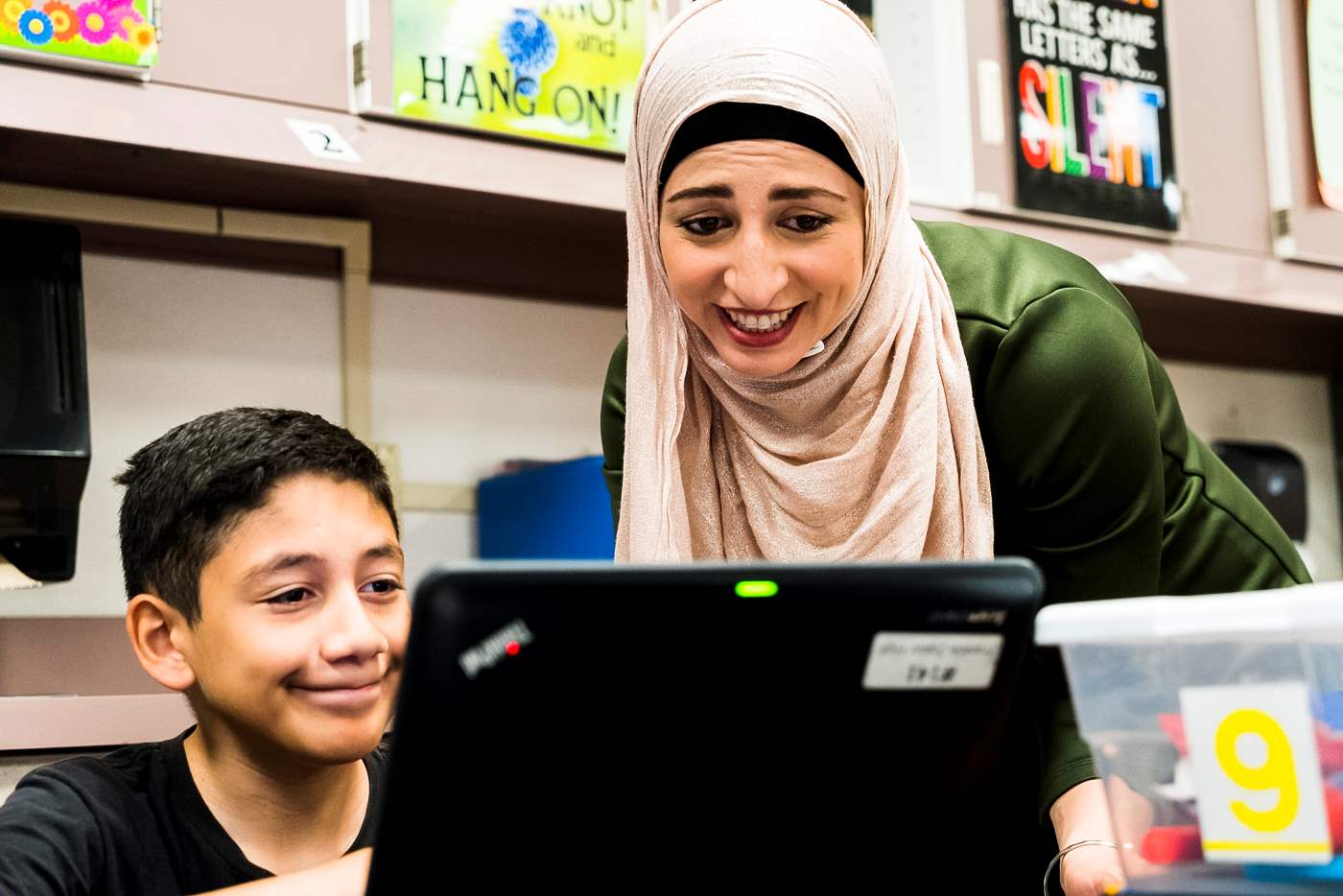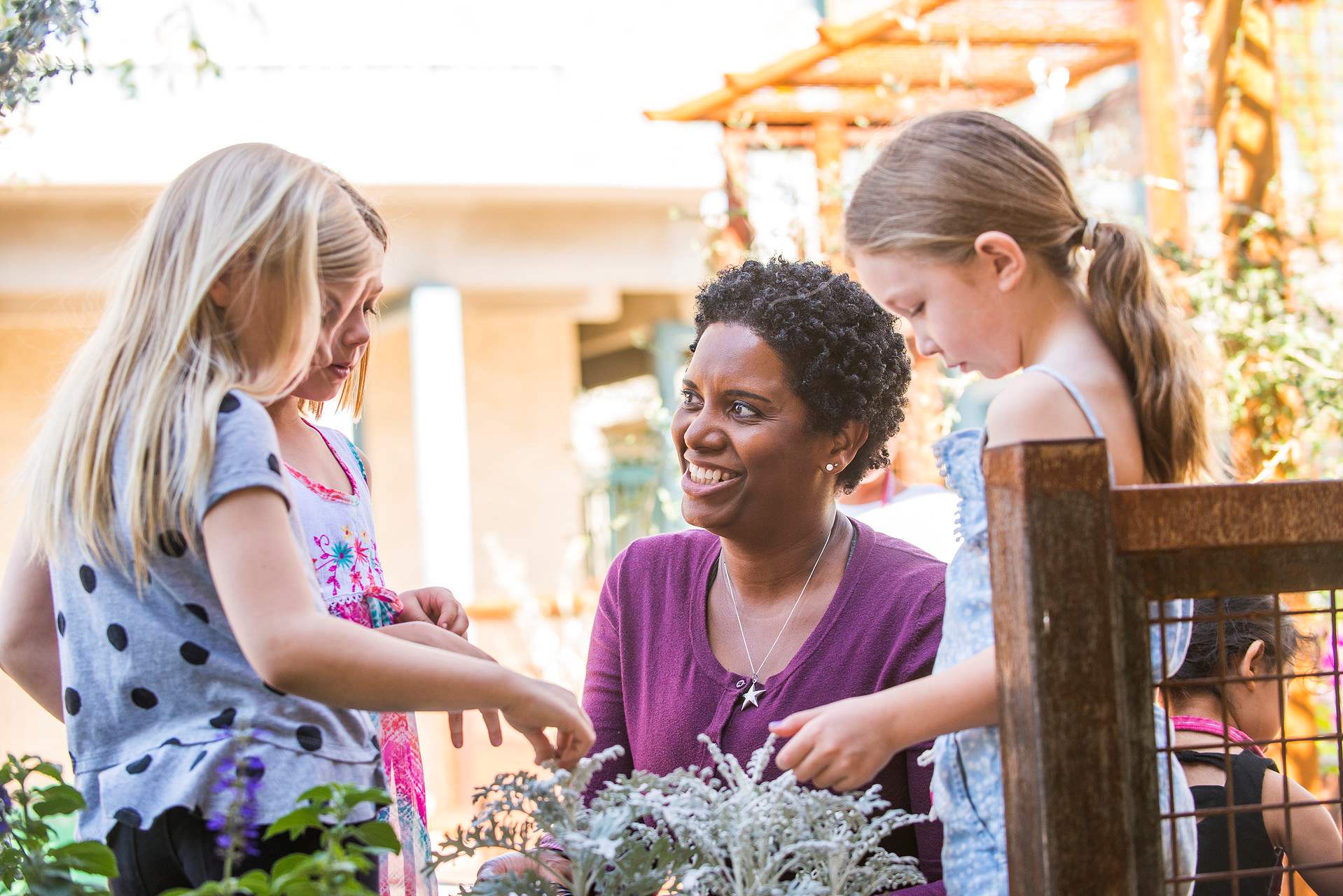InClass
Here’s how to handle student affection without embarrassment. Probably everyone who has gone to school has experienced it at one time or another: Butterflies in the belly when you enter the room of that special teacher.Normally, student crushes are rooted in admiration for a teacher’s attractive st
Feb 12, 2018
Here’s how to handle student affection without embarrassment.
Probably everyone who has gone to school has experienced it at one time or another: Butterflies in the belly when you enter the room of that special teacher.
Normally, student crushes are rooted in admiration for a teacher’s attractive style, kindness, and skill in the classroom. And normally, crushes come and go like homework and chapter exams — kids learn what they need to and move on.
But what happens when you are a teacher on the receiving end of a crush that has gone over the top?
Retired Mesa Public Schools sixth-grade teacher Cindy Eckert-Timm dealt with her share of student crushes over the years and urges new teachers to get help with them from more experienced peers.
“It’s a delicate situation, especially if it’s a middle school situation where hormones and attitudes are a free for all,” she says. “These 12-, 13-, and 14-year-olds are still impressionable children, and there is usually a hidden message there.”
Eckert-Timm, who was a Rodel Foundation Exemplary Teacher, recalls one awkward boy who followed her around the classroom like he was love sick. When she pulled him aside and quietly asked him about it, he said he wanted to be close to her because he wasn’t popular.
He wanted to figure out “how I could be so comfortable in from of the entire class,” she says. “He told me he wanted to be just like me so he could also have a ton of friends.”
Crushes in high school can be even more complex. Here are tips for cooling things down and keeping everyone comfortable.
- Remember you are the teacher, never a student’s personal friend.
- Be fair. If you banter with one student, banter with all of them.
- Avoid using slang and popular terms with students. You are their role model, not their peer.
- Model politeness and professionalism and expect it from your students.
- If a student does get too familiar, remind the teen that you are their teacher. And immediately report the behavior to your mentor or supervisor.






